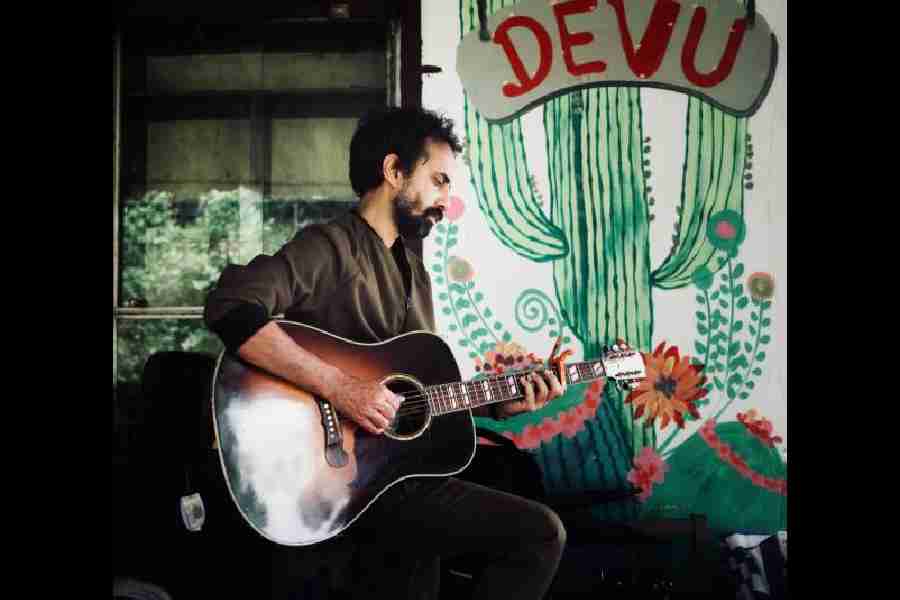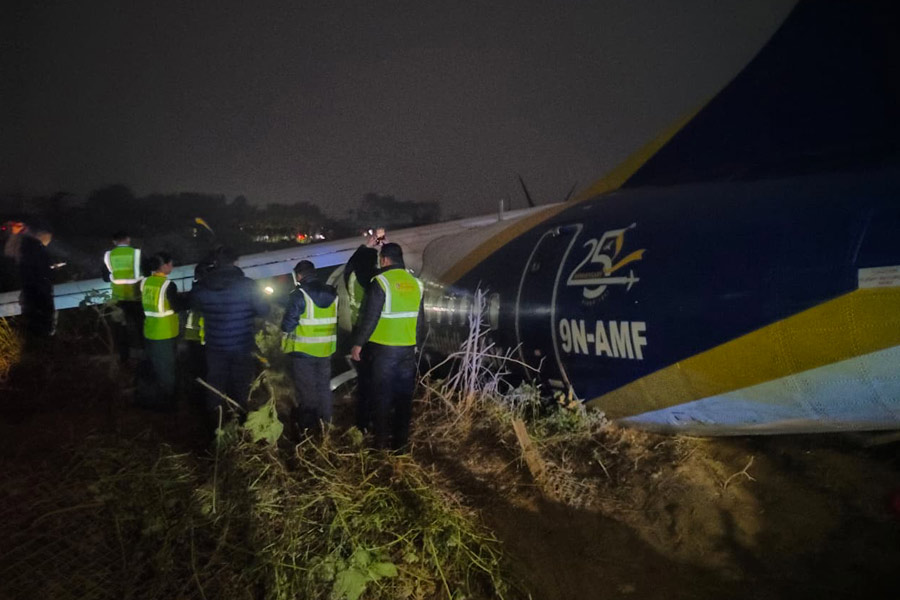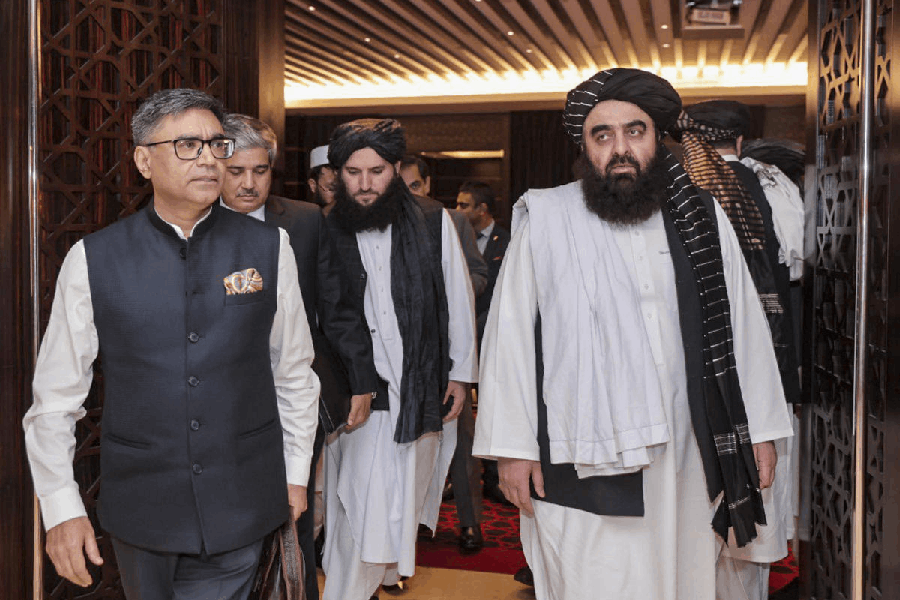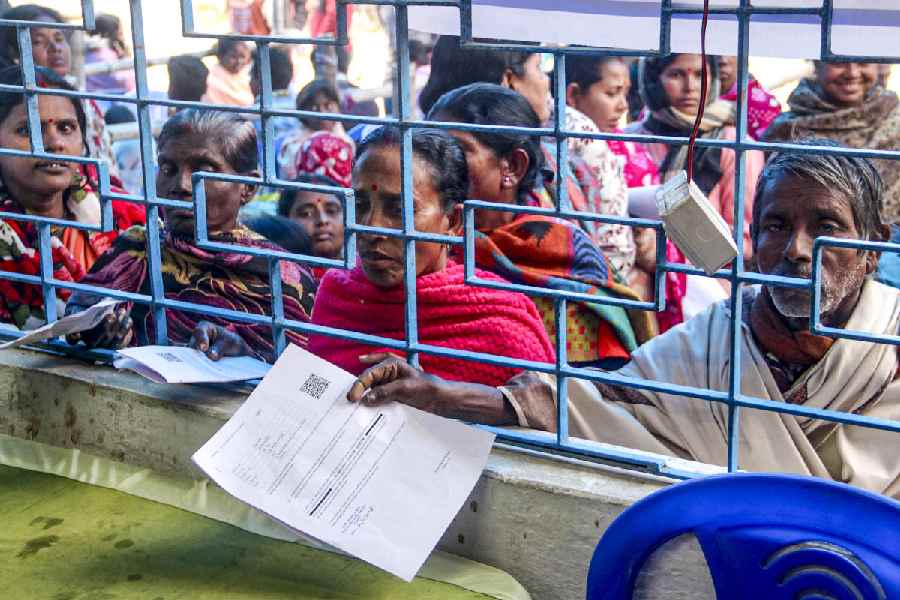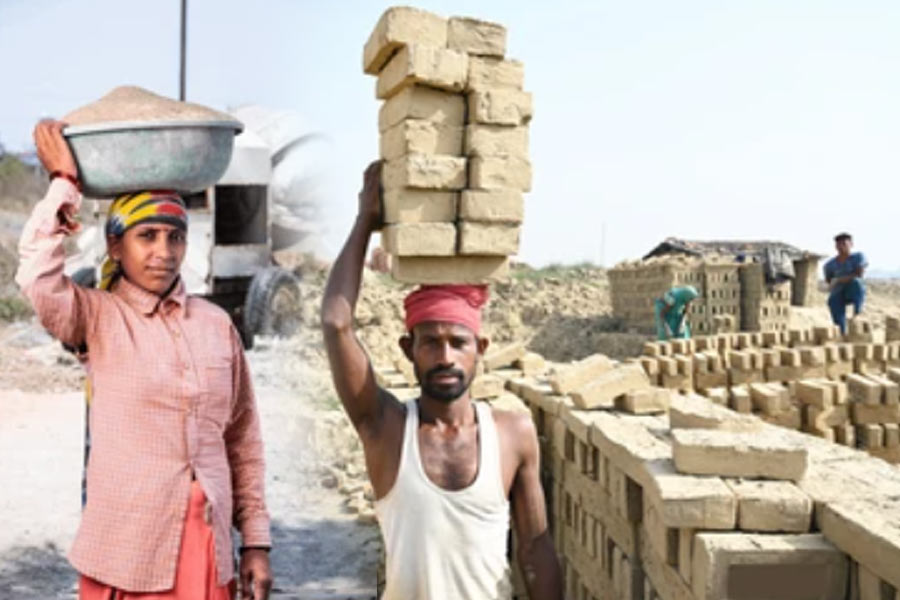There is an epidemic that’s getting worse — loneliness. A place that Instagram posts won’t dare visit. Many of us are engaged to our jobs, to materialism, to the drink, to the good times… when nourishing friendship should be priority, when breaking the reverie should be the goal and looking forward to better days, our priority.
“There is a sense of bittersweet feeling when you plough through life and that state of mind is defined in Akela,” says singer-composer Ankur Tewari.
His latest album — Akela — is a state of mind, and it is out on Tiger Baby Records, which was launched earlier this year. They put out one EP, Aaja nindiya by Ankur Tewari (also a co-founder, alongside film directors Zoya Akhtar and Reema Kagti) that was aimed at children and the second output on the label is this thoughtful collage of “post-apocalyptic scapes”. “Sonically I wanted to create a more ambient environment. Almost akin to the feeling of being lost in the cosmos,” he says. Here’s more from the musician.
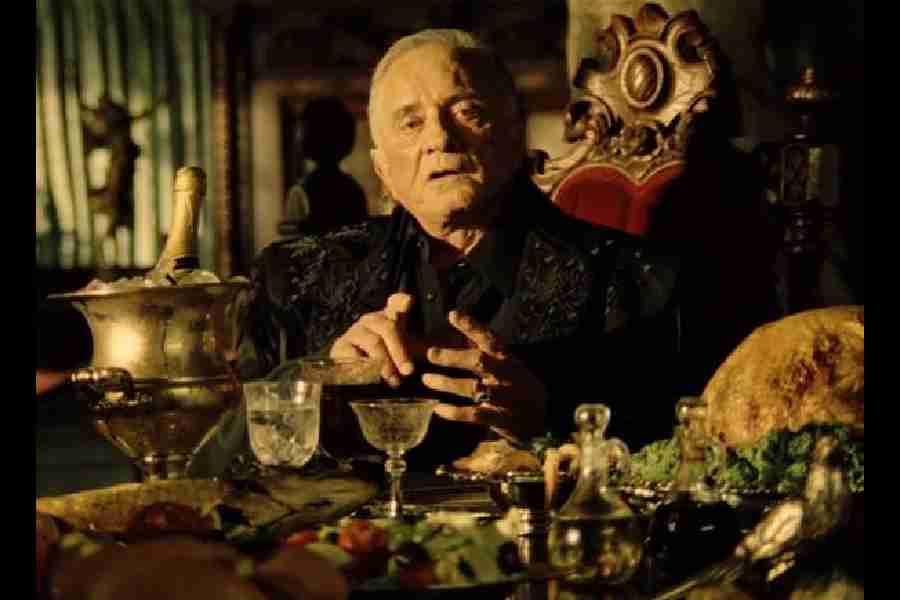
Johnny Cash in the video to the classic song, Hurt
Love, loss and all that comes in between, it’s an emotion cycle we are talking about on Akela. Do you find that addressing this cycle also means finding catharsis in the process?
I definitely find a sense of catharsis in songwriting. You feel love, loss, longing and all such emotions but you need to express it in a certain way. My life does undergo some sort of catharsis when I release songs. I love the word ‘release’ for songs because it really is like releasing an emotion and then it goes out to the world. I was dealing with the subject of loneliness while recording Akela and I found my catharsis through the songs in the album.
When did work on Akela begin and can you share the emotional state you were in when work began? Now that the album is here, what’s your emotional state?
Akela has songs that were written before the pandemic and during the pandemic but it definitely found its form during the pandemic. There’s a song in the album called Parwana, which I used to play with the band and have played it for many years but it had a completely different avatar. While I was putting together this album, I found completely different soundscapes, I was in a different mood and the song now takes me back to what I was feeling during the pandemic and lockdown. I have recorded some songs after we came out of it and those songs have a completely different form from the soundscapes that emerged during peak pandemic.
What would be your definition of a bittersweet state of mind and how far does the album fit into it?
There are good days and there are bad days and often in life you find that there are often more bad days but that one good day can really light up your whole life. There is a sense of bittersweet feeling when you plough through life and that state of mind is defined in Akela. One tries to cling on to your sadness but a feeling that a better day is around the corner will always put a smile on your face.
Sadness gets a bad rap these days. There was a time when sad songs were perhaps the sweetest. Perhaps it has something to do with how we channel ourselves on social media, about how we want to show our ‘happy’ side all the time. How do you balance the art of defying what listeners expect and what you want to offer using your creative freedom?
I don’t know if sadness has a bad rep these days… but I definitely relate to sad songs. They make you feel lonely, you feel like there are more people like you. We live in a time when we put filters on our pictures to look better and nicer. Ironically, everyone at the same time is more anxious and lonely. Ironically, I find solace in sad songs because they make me feel part of a tribe.
The more I listen to your music I feel you are not a person who would ever go on a five-minute rant with a repetitive melody. There’s variety, there is range. How much of a challenge has it been to separate yourself from all the other music projects you do from the new record?
It wasn’t much of a challenge because during the pandemic there wasn’t much going on anyway. There is a part of Akela in me that stays with me even now, and I feel while recording it I really immersed in the mood and soundscapes. I enjoyed myself thoroughly, giving into this inner sadness and loneliness that sit in the pit of my stomach. But it was quite interesting and some really exciting collaborations happened while making this record, especially with Rohan Ramanna, who produced the album. It was amazing to work with him and share ideas with him.
Please share a bit about Tiger Baby Records and what makes it different from other labels....
Tiger Baby Records is very exciting and it’s something that Reema, Zoya and I started. At the core of everything we do is storytelling, what kind of stories we are telling, what kind of ideas we bring forward…. We see ourselves as waving the storytelling flag in the world of music rather than being a label that just chases numbers. We are excited to work with fresh, interesting talent as well as artistes that have been around but at the heart of each project, there should be a story to tell.
Your songs will obviously be personal to you. How do you feel about monetising your emotions? And how far are you willing to go without giving into business considerations?
I feel completely happy about monetising my emotions because my tears won’t pay my rent! Emotions are a tool that artistes use to make art. I feel that one should put their feelings out, document their life, document how they feel. There is nothing wrong with monetising it. I never make songs to make money but if my songs are making money, I don’t have a problem with it.
What kind of an environment do you like to be in when composing music? Do you get away from the noisy city life and lock yourself away or something like that?
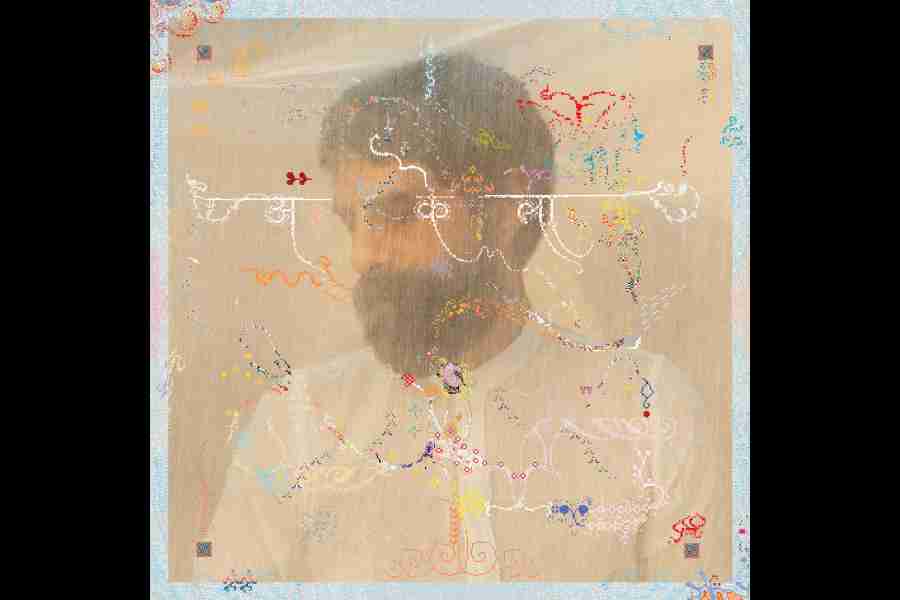
The album artwork for Ankur Tewari's new album, Akela, is by Somnath Bhatt
I am constantly writing songs. I don’t need to be in any special environment to compose songs. In fact, many a time I find myself coming up with a big idea, or making headway in the middle of chaos. Chaos always helps me. Maybe it’s escapist of me, maybe I escape the chaos through my songs but you put me in a calm, serene place and I won’t write a word.
What do you want listeners to take away from listening to Akela?
People listening to Akela should feel like there are more like them; they’re not alone and they’re able to enjoy this phase they find themselves in.
Five-on-five with Ankur Tewari
What’s the last song that made you cry?
Johnny Cash’s version of Hurt makes me cry each time I listen to it.
What’s your favourite place to listen to music?
My car! I love driving around and listening to music while I drive.
What song is making you dance?
I love Virile by The Blaze. It’s a really groovy song, been on my playlist for a while now. I love dancing to it.
Any song that reminds you of your childhood?
The soundtrack of Grease, especially Grease Lightin’ reminds me of my childhood.
What’s on your bedroom playlist?
Arooj Aftab’s Mohabbat is on top of that playlist.

